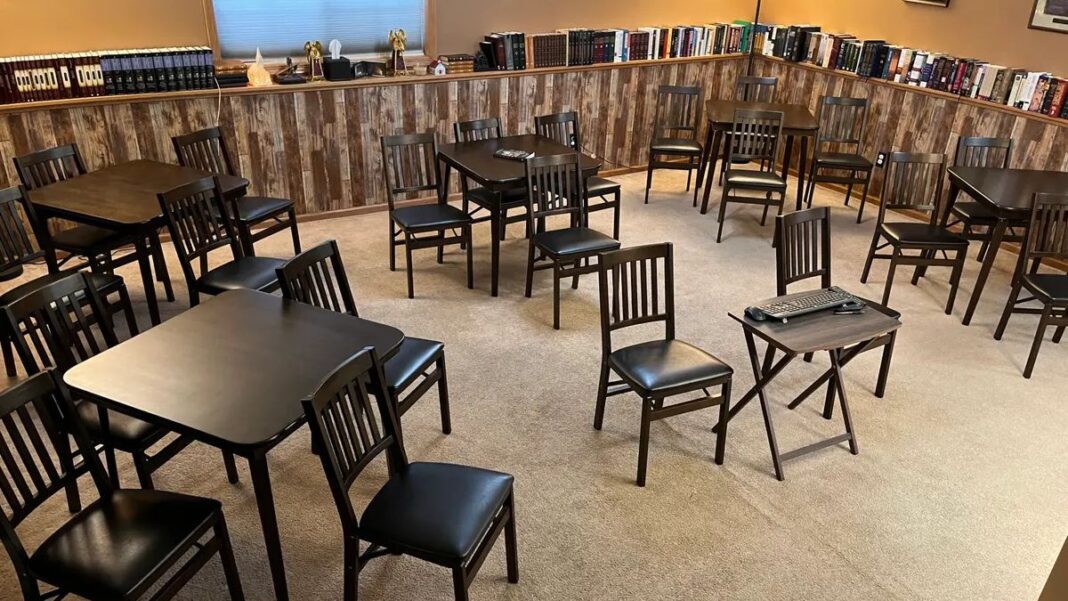‘Just because this is a zoning issue doesn’t mean it’s not a violation of our First Amendment right.’
A pastor of a home-based church in Rogers, Minnesota, is facing a city government cease-and-desist order after a complaint was allegedly filed by a neighbor.
According to the Minnesota-based Alpha News publication that obtained a copy of the letter sent by the city of Rogers Development Director Brett Angell, the pastor for The Edge Christian Fellowship, Martin Bownik, is violating a zoning ordinance stating that “religious assembly is a principal use within the zoning district for your property and not allowed accessory use.”
“The use of your residence as a religious assembly is in direct violation of this code,” Mr. Angell told Mr. Bownik in a Nov. 17 letter. “Lastly, this use would be in violation of the Minnesota State Fire Code and Minnesota Building Code.”
According to city code, a religious assembly is defined as a “building, together with its accessory buildings and uses, where persons regularly assemble for religious worship and which building, together with its accessory buildings and uses, is maintained and controlled by a religious body organized to sustain public worship.”
If Mr. Bownik didn’t “cease operations immediately,” he would face “citations or fines.”
“Just because this is a zoning issue doesn’t mean it’s not a violation of our First Amendment right,” Mr. Bownik told The Epoch Times. “The first part of the First Amendment was not Freedom of Speech. It was the government ‘shall make no law respecting an establishment of religion, or prohibiting the free exercise thereof.’”
Mr. Bownik referenced the Religious Land Use and Institutionalized Persons Act of 2000, which he said—in addition to the First Amendment—supports his argument.
The congressional law applies if a “substantial burden is imposed in the implementation of a land use regulation or system of land use regulations, under which a government makes, or has in place formal or informal procedures or practices that permit the government to make, individualized assessments of the proposed uses for the property involved.”







